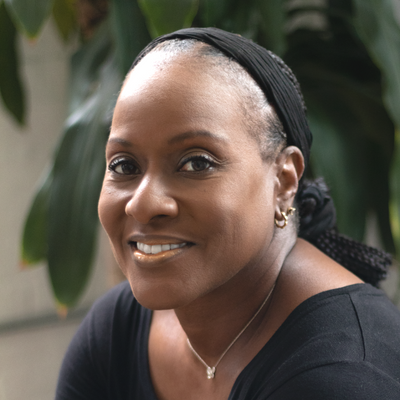June 20, 2022
Confronting Anxiety
These days there are plenty of opportunities and situations to be keyed up over, both personally and globally. As the impact of the pandemic continues to take a weary toll on us all, new opportunities to be anxious arise each day. Some are global and beyond our control, while others are personal and might feel overwhelming, causing us to think they are beyond our control. In either case, underlying anxiety is often a sense of inadequacy and incompetence about coping with a situation at hand which can result in a trip down the rabbit hole of fear as we imagine the worst things possible happening in a given situation. We engage in the “what if” syndrome, or in other words, catastrophizing; looking down the halls of time and deciding we already know the end. The Bible calls it, “borrowing trouble from tomorrow,” and cautions us to pay attention to today because there are enough worries in our present day that need our attention.
Anxiety Awareness
When we become anxious, not only is it difficult to concentrate, focus, and think, but we have a tendency to engage certain behaviors and feel the effects in our body. Stop for a moment and think about the last time you felt anxiety:
- What were you thinking about?
- What was your self-talk?
- Was your mind running all over the place like you were on the one on the lease and your dog was walking you, jerking you all over the place?
- Where did you feel the anxiety in your body?
- What behavior did you engage to alleviate the anxiety?
Paying attention to the situations that trigger anxiety and becoming aware of what you are thinking, feeling in your body, and how you respond or are tempted to respond, is the first step towards arresting anxiety.
Often, to avoid feeling the undercurrents and reduce anxiety, we respond behaviorally in a few ways. We seek to avoid being in the situation that causes anxiety. That means we might leave the situation or avoid getting into it all together. We might check and double check with others to make sure we are okay. Or, we work overtime to keep things in check or to make sure we are in control of the situation so nothing arises and throws us out of whack. Our bodily reaction to anxiety might look like getting overheated, becoming tense and tight in our muscles, having sweating hands, and struggling with headaches and migraines. We often engage in distorted thinking and negative self-talk that is contrary to what is actually true and/or our minds run all over the place.
Anxiety and Fight, Flight, or Freeze
In reducing anxiety, we look to address each area impacted by the fight, flight, freeze response that anxiety produces in us. The body is often tense and keyed up when feeling anxious. It is helpful to identify where anxiety shows up in our bodies as a point of awareness, and engage in relaxation techniques to relax the body and bring thoughts present. Deep breathing, progressive muscle relaxation and guided imagery are three techniques I often guide clients through to help them de-escalate their bodies and calm their minds. Try it out:
Sit with feet firmly planted on floor and torso straight and upright. Take in air for a count of 4 through your nose. Make sure your chest does not rise when you take in the breath. (Diaphragmatic breathing – Imagine yourself breathing in through your belly button and feel the air fill that area and around your lower back). Hold the breath for a count of 4, then let out the air through your mouth using the “shhhh” sound (slow, evenly paced exhale as you say, “shhhh,” out loud) and then relax for a count of 4. Repeat exercise three times.
Didn’t that feel good? Feel more relaxed?
Practicing breathing and other relaxation techniques which can be found online on a regular basis when you are not anxious can help you cultivate it as a habit before needed. These techniques can help bring relief to the body, give the mind a chance to recover from being constantly amped up, and help us be present enough to challenge distorted thinking and negative self-talk regarding coping abilities, resources and what might happen. We are better able to discern whether we are truly in danger and take our thoughts captive, bringing them into the present. In terms of behavior, we learn that we can cope and thus do not need to avoid, leave, be perfect, or control the situation by practicing relaxation techniques, challenging thoughts and anticipated outcomes entertained in the anxious state.
A Healthier Response
While we cannot control the various situations we are encountering in the world today, we can work on cultivating a healthier response to them by strengthening our mental and emotional well-being when it comes to anxiety. Learning to identify and be more aware of how anxiety shows up in our bodies, learning and practicing new coping skills, challenging distorted thinking with reality and focusing on the present are some basic ways to get started.
If you struggle with anxiety, whether mild or more severe, a therapist at Optimum Joy would welcome the opportunity to come alongside you and help you work towards developing a healthier response to your anxiety. Give us a call today!
We can help you get started
Other Articles by Roslyn
Written By
Roslyn Jordan

Related Articles
-
Binary Thinking vs Values
From picking out what to wear each morning, to managing projects at work, our days are...
Read More -
Getting “Unstuck” in Therapy
Have you ever felt so stuck in a thought that you don’t even see a way...
Read More -
So You’re Thinking About Taking Medication: Part Two
During my last blog, we focused on the different treatment approaches that impact a providers view...
Read More